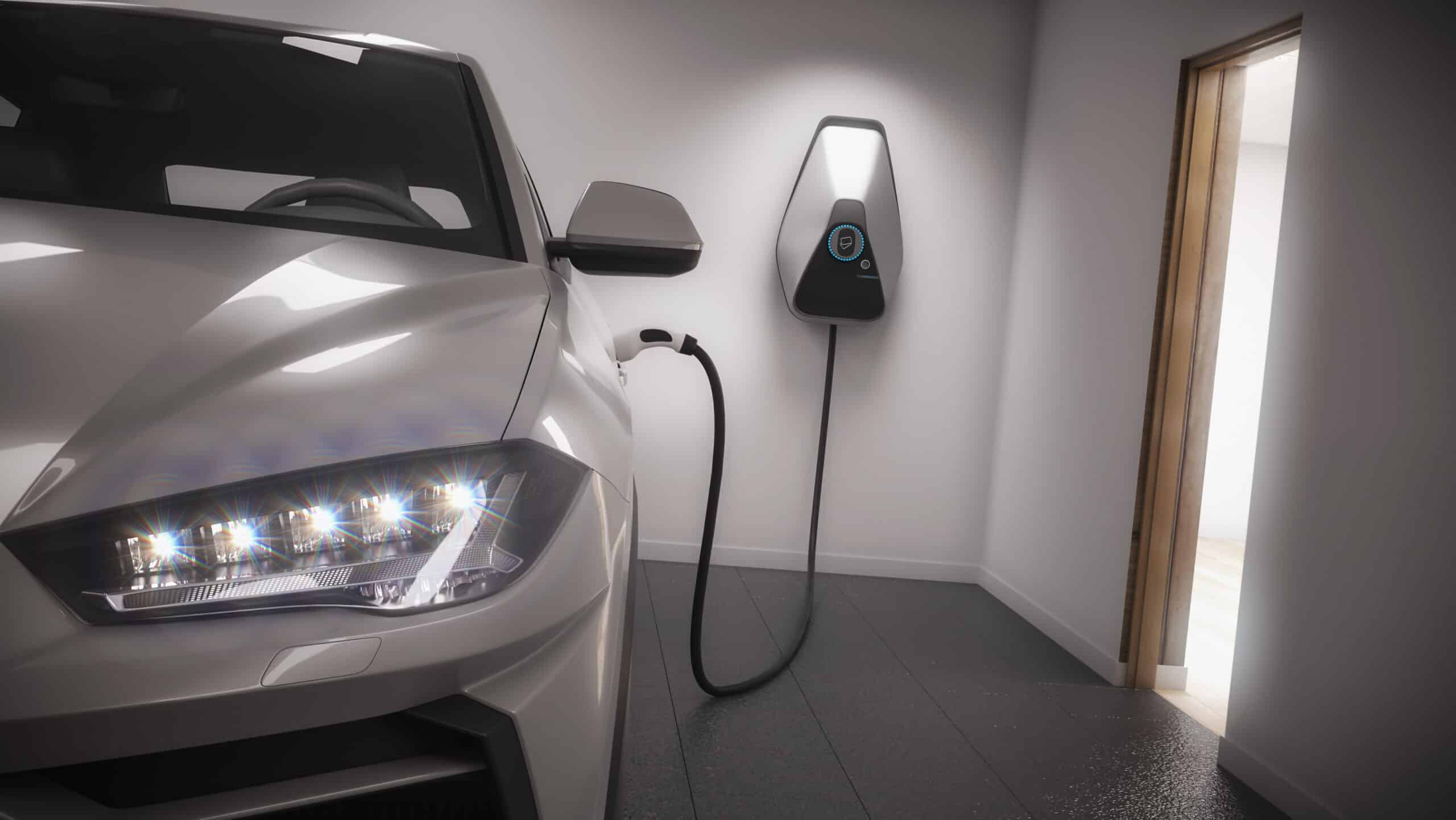
4 Cost Considerations for Installing an EV Charger
When you hear of electric cars, do you find yourself wondering if it is truly a worthwhile investment? With the soaring cost of gas, the impact of a carbon footprint from gas-powered vehicles, and increased availability of on-road charging stations, the appeal of electric cars has risen incrementally over the last few years. Now may be a peak opportune time to make the leap. Also, purchases of electric cars afford consumers a tax credit at both the federal and state levels, providing a good return on your investment.
If the acquisition of an electric car is on your mind, you also need to know about in-home charging stations. Here are our top four cost considerations for installing an EV charger:
1. Understand the distinct types of chargers. Electric car chargers are available in 3 Levels: Level 1, Level 2, and Level 3 (or a DC fast charger). A Level 1 charger is included with the purchase of an electric car; it provides a simple, yet slow, charge to the vehicle, allowing for up to 124 miles of drive time. Most homes install a Level 2 Charger, which is both efficient and cost-effective, providing full charge in half the time of a Level 1 charger. DC fast-chargers are common for roadside charging stations but are generally only approved for industrial and commercial settings, not the home.
2. Think about your space. Your home’s layout and style will impact where the charging station is installed. Do you live in a condo or a single dwelling? Do you park outside? Or do you have a garage and is it located near the electrical panel for your home? Charging stations will link up to your home’s current power source. So, if you live in a condo, you may not have easy access to the unit. Or, if your home’s electrical panel is not strategically located to where your car will be stored, then you may need a new electrical panel installed as well. Further, if your charging station will be set up outdoors near your parked vehicle, then you will also need to plan for protection against potential theft.
3. Consider your home’s current electrical infrastructure. You may not know whether your current electrical system will support a charging station. Charging stations come with extra cords, plugs, and connectors, as well as requirements for overcurrent protection, additional receptacles and wall plugs, and protection against electric shock. Details matter for your home’s safety, so consulting with a licensed electrician who can inspect your home before your purchase is recommended.
4. Budget for the Cost of Labor. Installation of a home charging station involves multiple steps and details to ensure safety and compliance with federal and state regulations. Calculating the cost of work by a reputable company is well worth the effort. Focus on the company’s ratings and reliability of work, not simply on cheap prices. Invest in reputable labor. It’s worth it. Electric cars are rapidly becoming more and more available and cost-effective for the average consumer.
These four cost considerations for installing an EV charger are important to understand before purchasing your next electric vehicle. At Piper Electric we want to ensure that you are informed and ready when you trade out gas power for electric power. We believe the future is bright…and electric.
Learn more about our experience and process on our EV Installation page! Or give us a call today to schedule a free estimate on your at-home charging station, 303-422-9219.
